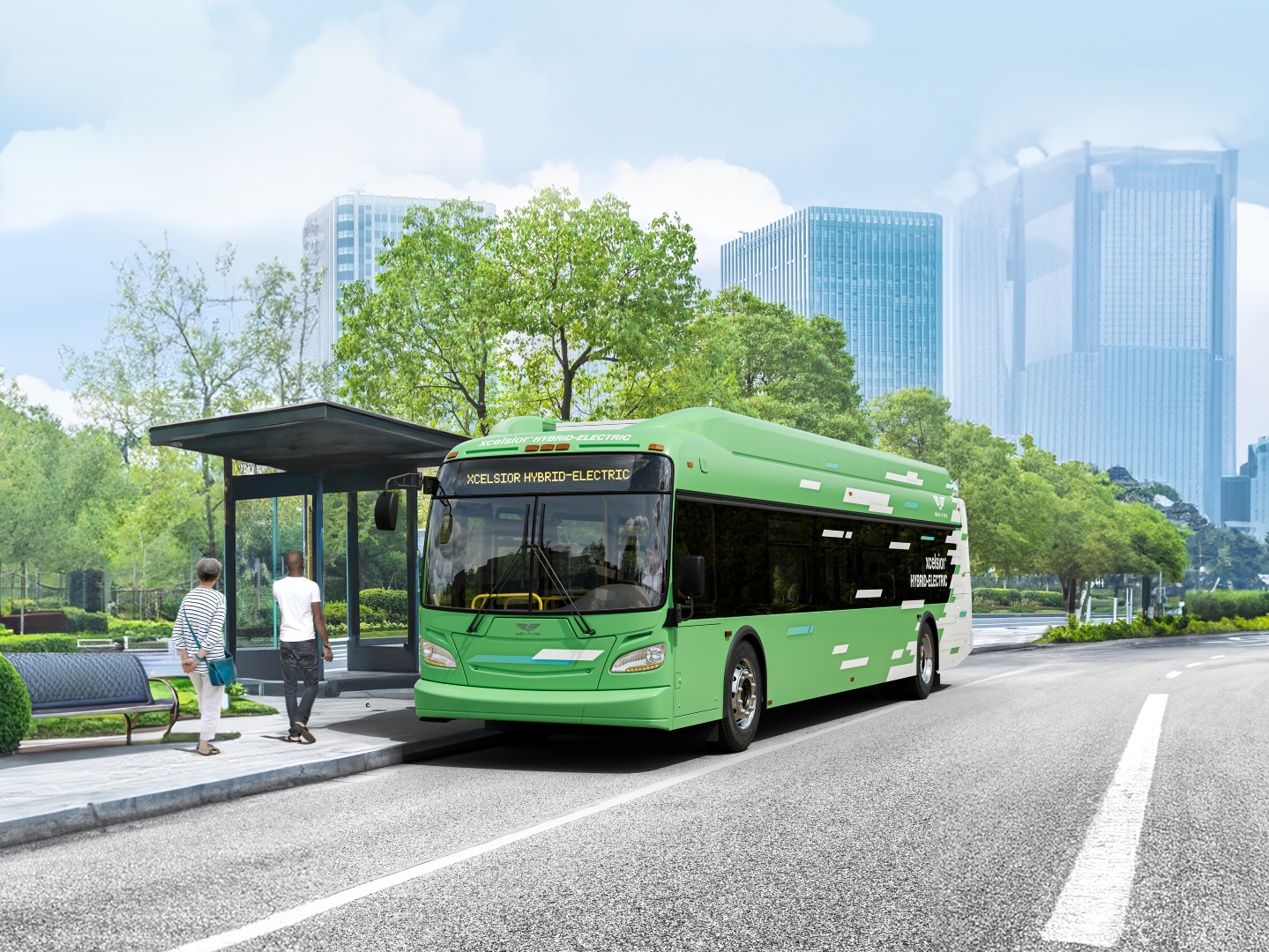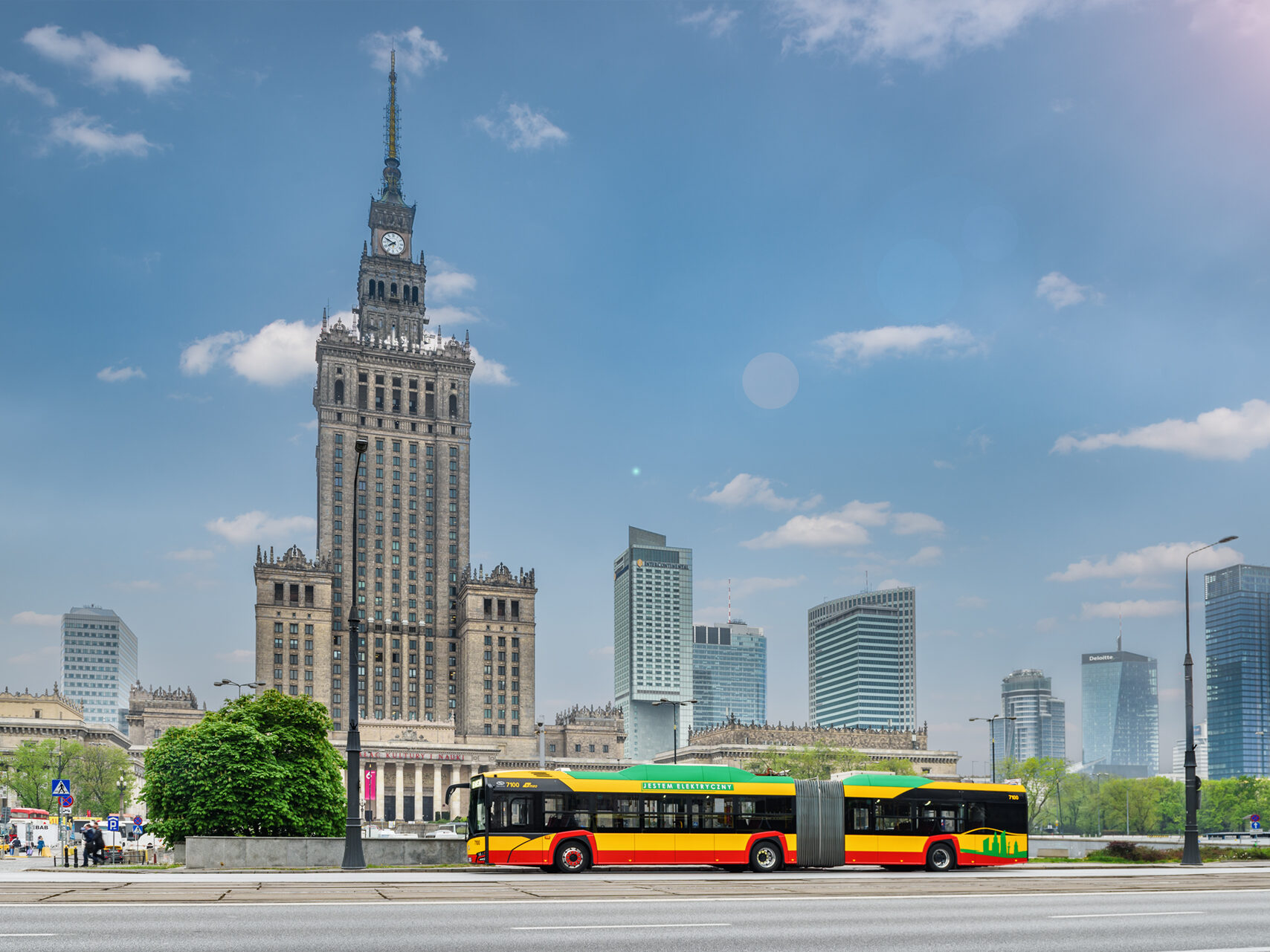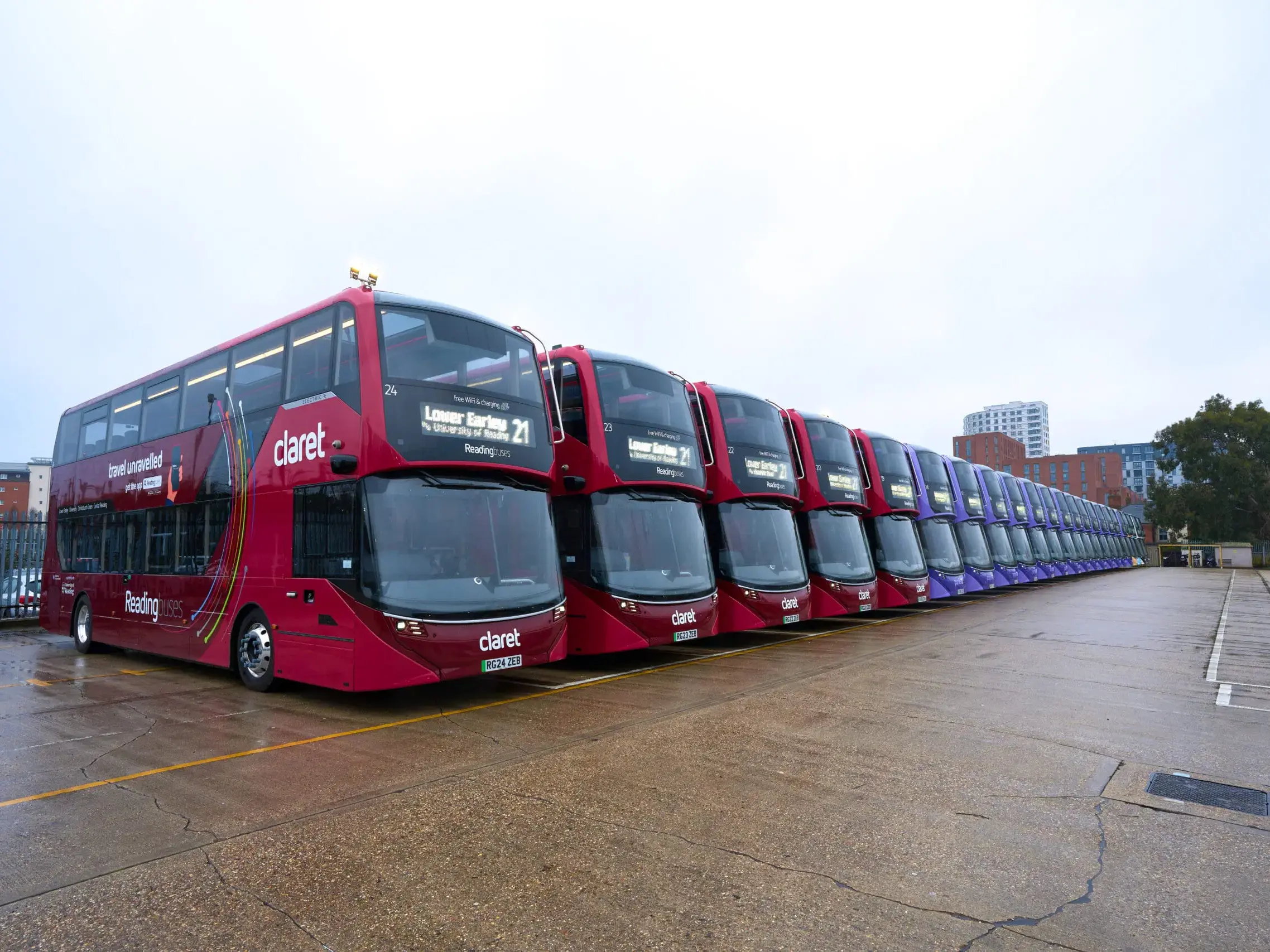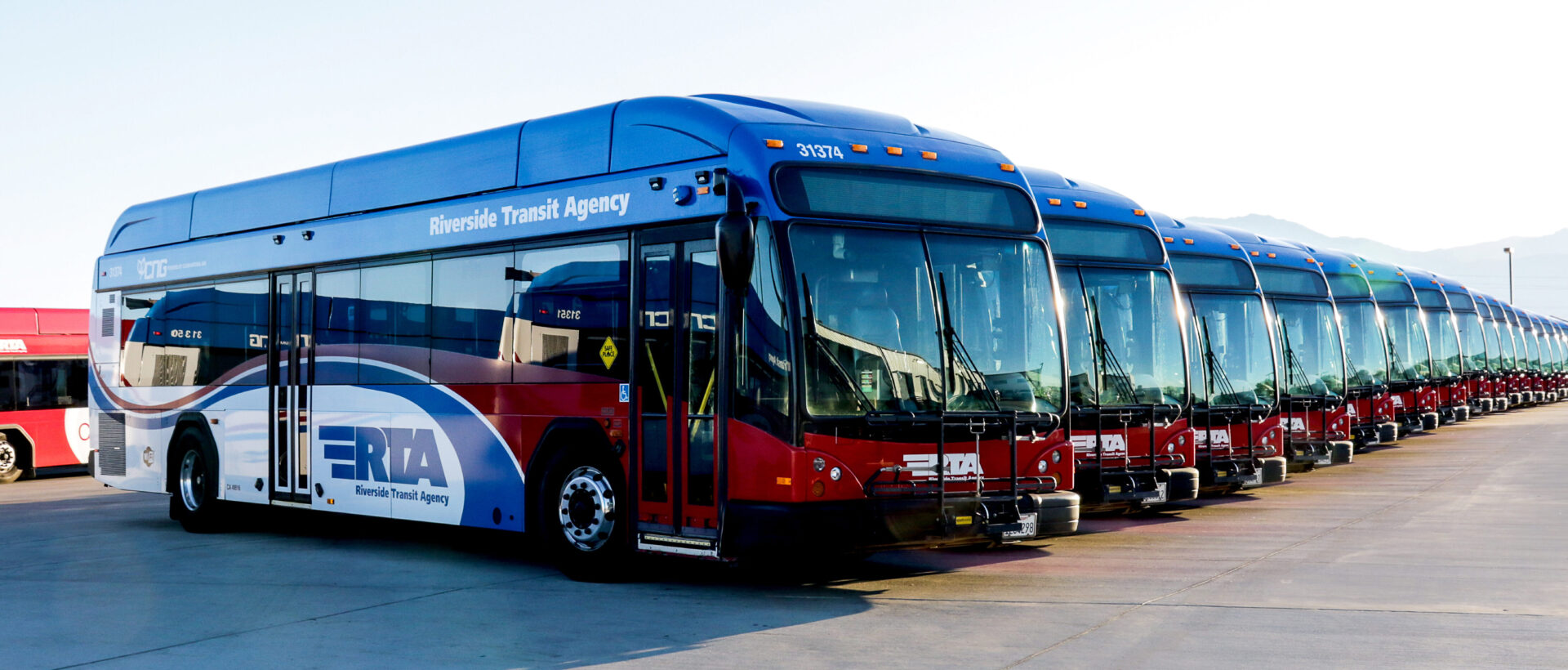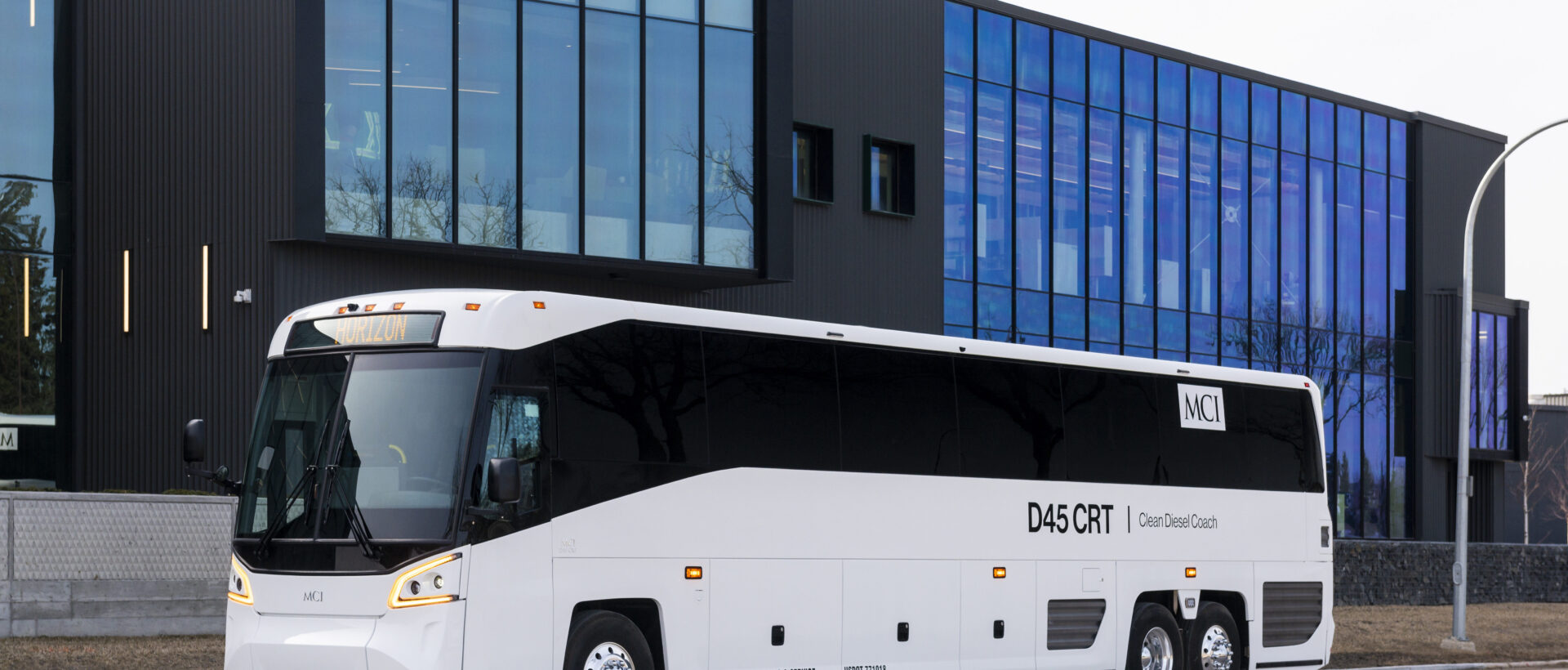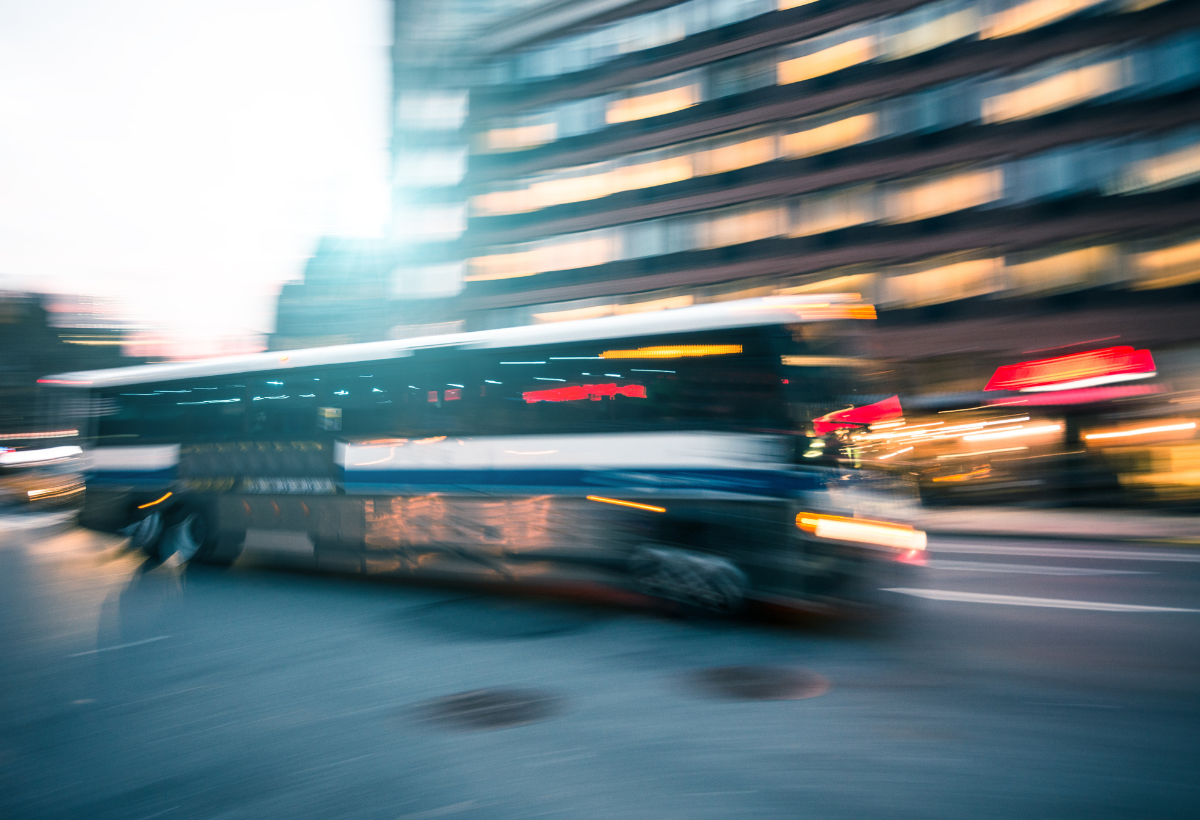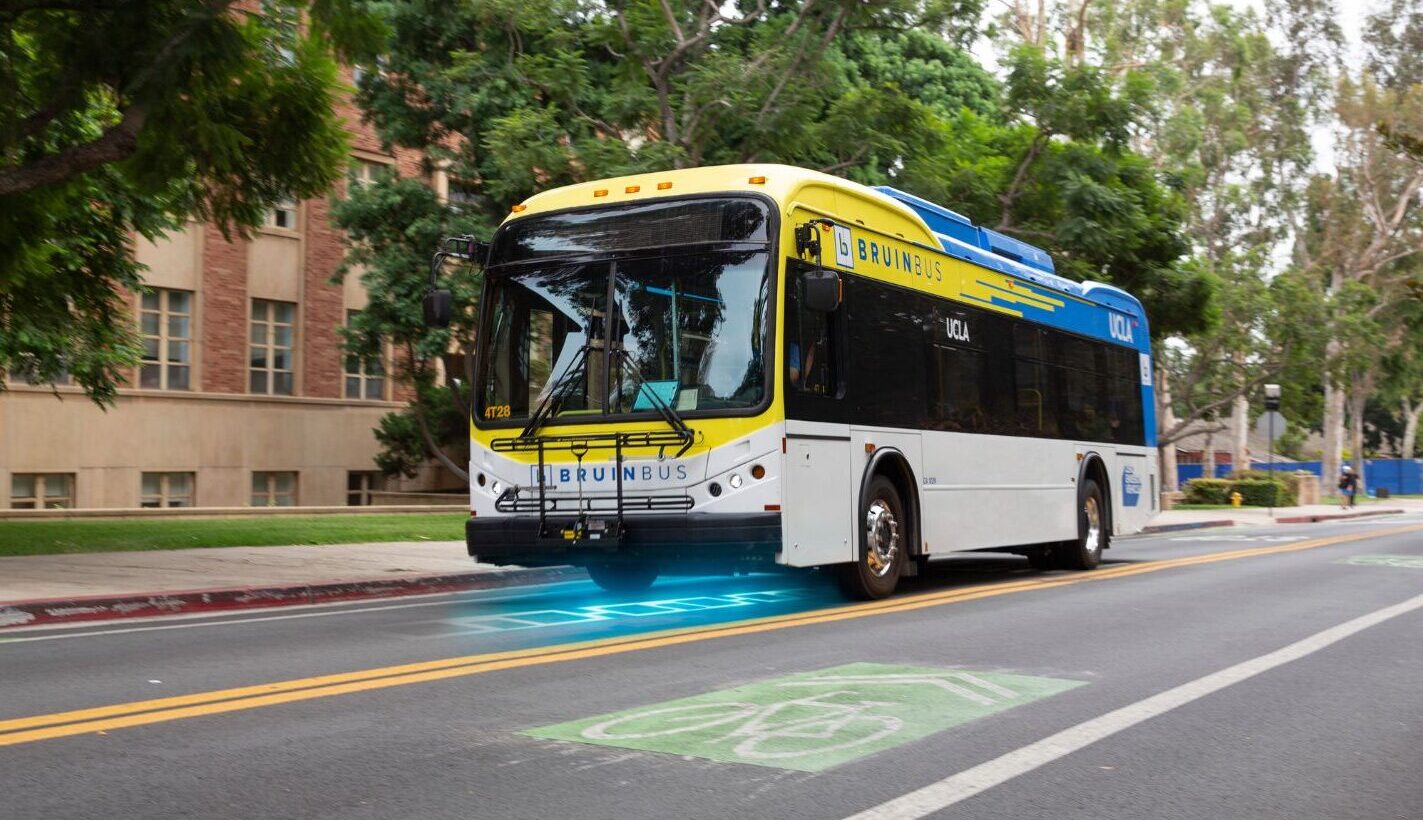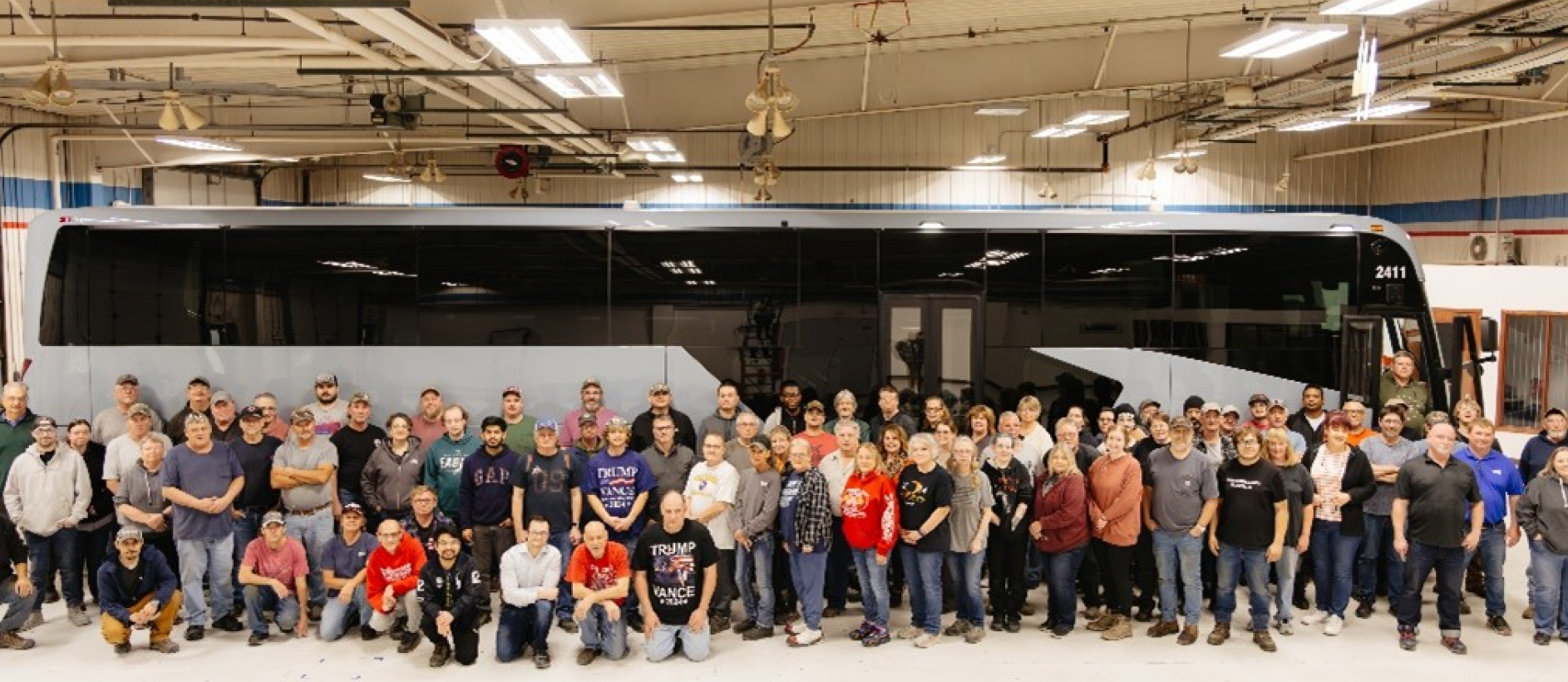Missoula, Montana, has reached a key milestone in achieving a zero-emission public transit system, with more than half of the fleet now consisting of GILLIG electric buses.
The Missoula Urban Transportation District, which operates Mountain Line, is transitioning its fleet to battery-electric buses, aiming for all fixed-route buses to have zero tailpipe emissions by 2035.
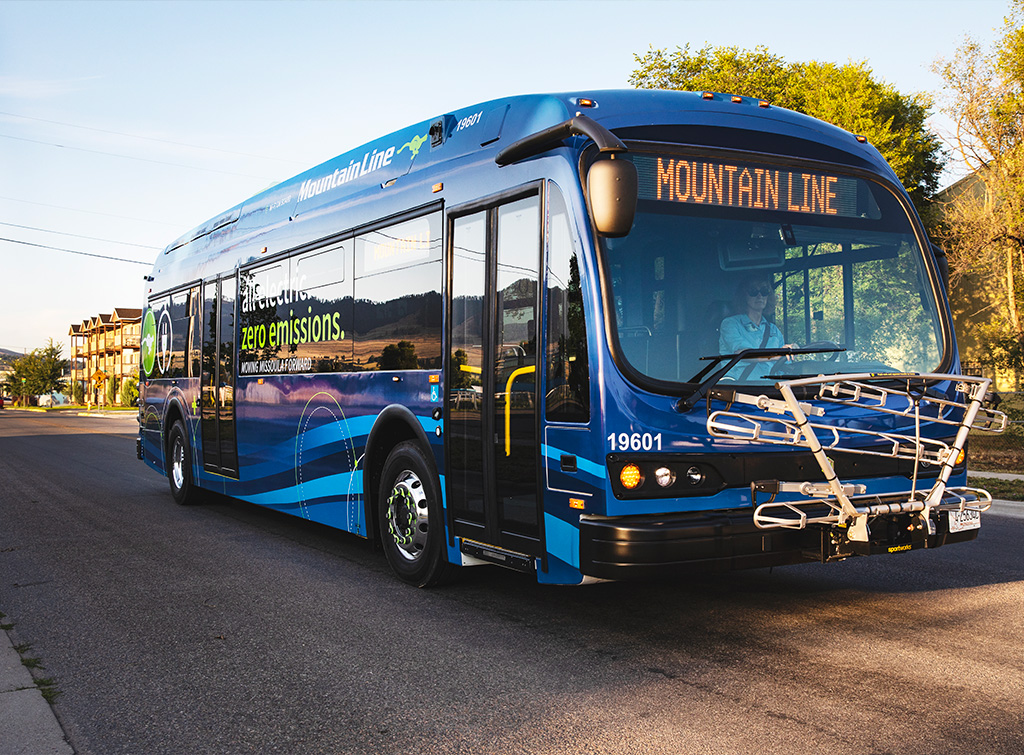
Missoula’s valley geography makes it particularly vulnerable to air pollution, as emissions can become trapped, impacting air quality. Replacing diesel buses with electric alternatives significantly reduces CO2 emissions by approximately 60 tonnes per month.
In addition to the environmental benefits, electric buses are cheaper to operate. Diesel buses cost 75 cents to 1 USD per mile to run, while electric buses are more economical.
Jennifer Sweten, Mountain Line’s Director of Operations, explained:Electric buses in warm weather cost about 30 cents a mile on electricity. On a cold day, that jumps to about 45 cents a mile. They’re about half as much to operate as a traditional diesel bus.
Mountain Line has operated battery-electric buses since 2019, when the agency conducted a six-bus pilot project funded by the Federal Transit Administration’s Low-or-No Emissions grant programme.
Following the successful trial, Mountain Line has introduced additional electric buses, bringing its total to 16 battery-electric buses out of its 29 fixed-route buses.
Mountain Line plans to receive 10 additional electric buses in 2025, bringing its fleet to 90% battery-electric. These new buses will provide quieter, cleaner rides for residents while further cutting operational costs and emissions.
Looking ahead, only three more buses will need replacement to achieve a fully electric fixed-route fleet.
This transition to electric buses has been accelerated by federal grants.
Jordan Hess, Mountain Line CEO and General Manager, said:We’ve had a phenomenally successful grants team that has been writing federal grants and pulled in millions of dollars over the last several years to replace ageing diesel buses.











